
Best Practice Autism Autism and Theory of Mind (ToM)
Theory of Mind clearly plays a role in the manifestation of developmental delays, with differences between those with delays and typically developing youth persisting into middle childhood and.

Theory of Mind and the Psychology of 'Being Social’ Paul Sutton
Theory of Mind. Theory of mind denotes the conceptual system that underlies the ability to understand, predict and interpret the thoughts, feelings and behavior of self and others by reference to specific mental states (states of mind).Originally introduced by primatologists, the term "Theory of mind" (ToM) is used to refer to (1) the ability to impute mental states, i.e. to mentalizing or.
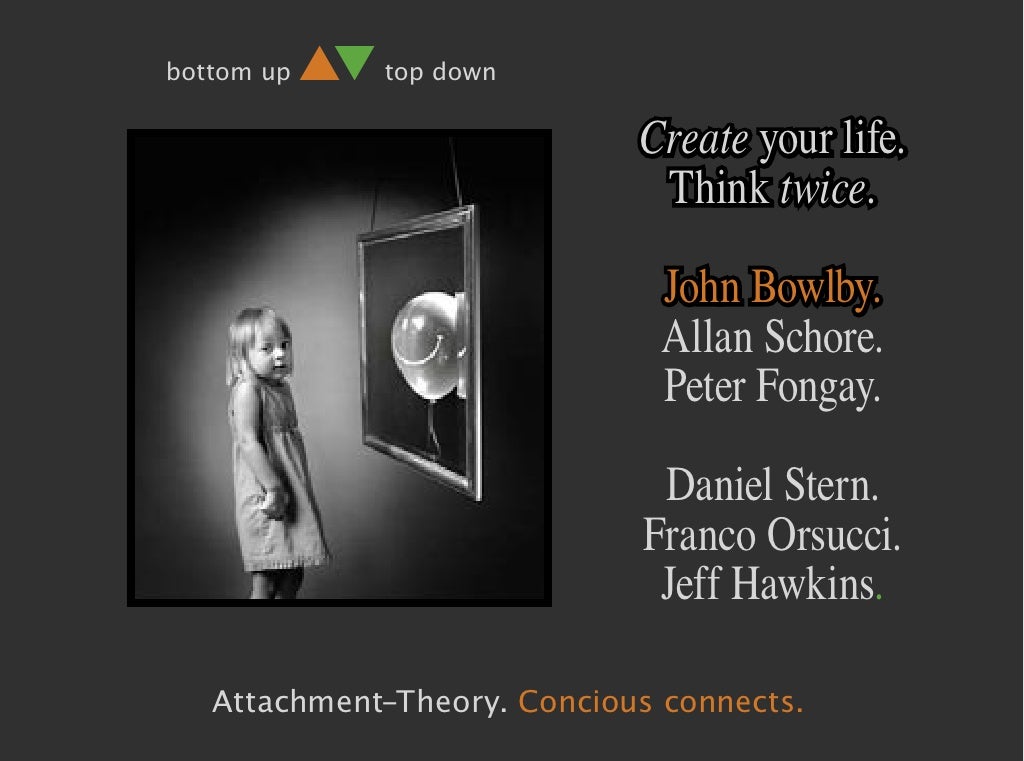
Theorie of mind Theory of mind Brain Development
This social reasoning process develops during early childhood and is fundamental to successful social behavior. Individuals with autism, schizophrenia, bipolar affective disorder, and traumatic brain injuries are believed to have a deficit of theory-of-mind ability. For the study, 15 patients agreed to perform brief behavioral tasks before.

Theory of Mind
'Theory of Mind' refers to the cognitive capacity to attribute mental states to self and others. Other names for the same capacity include "commonsense psychology," "naïve psychology," "folk psychology," "mindreading" and "mentalizing." Mental attributions are commonly made in both verbal and non-verbal forms. Virtually all
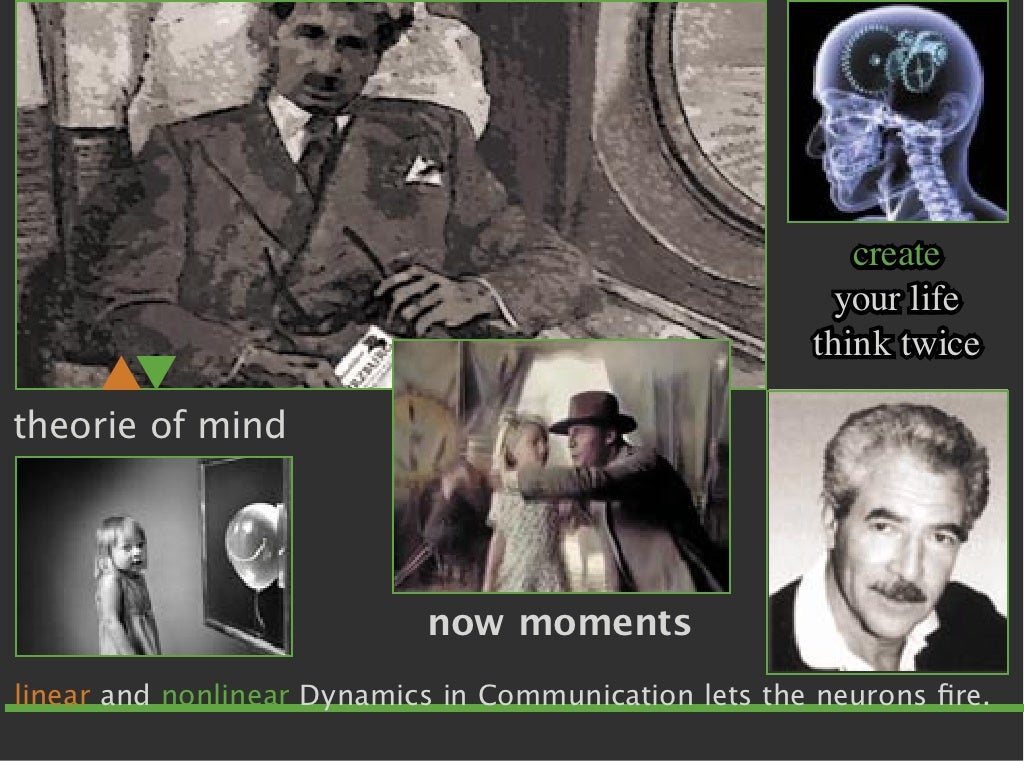
Theorie of mind Theory of mind Brain Development
People's intuitive understanding of their own and other people's minds or mental states, including beliefs and thoughts. It develops by degrees from a very early age in humans: by the age of 3 years children normally have a well-developed theory of mind but cannot yet understand, for example, that people's beliefs can be false: 3-year-olds who open a candy or chocolate box and are surprised to.
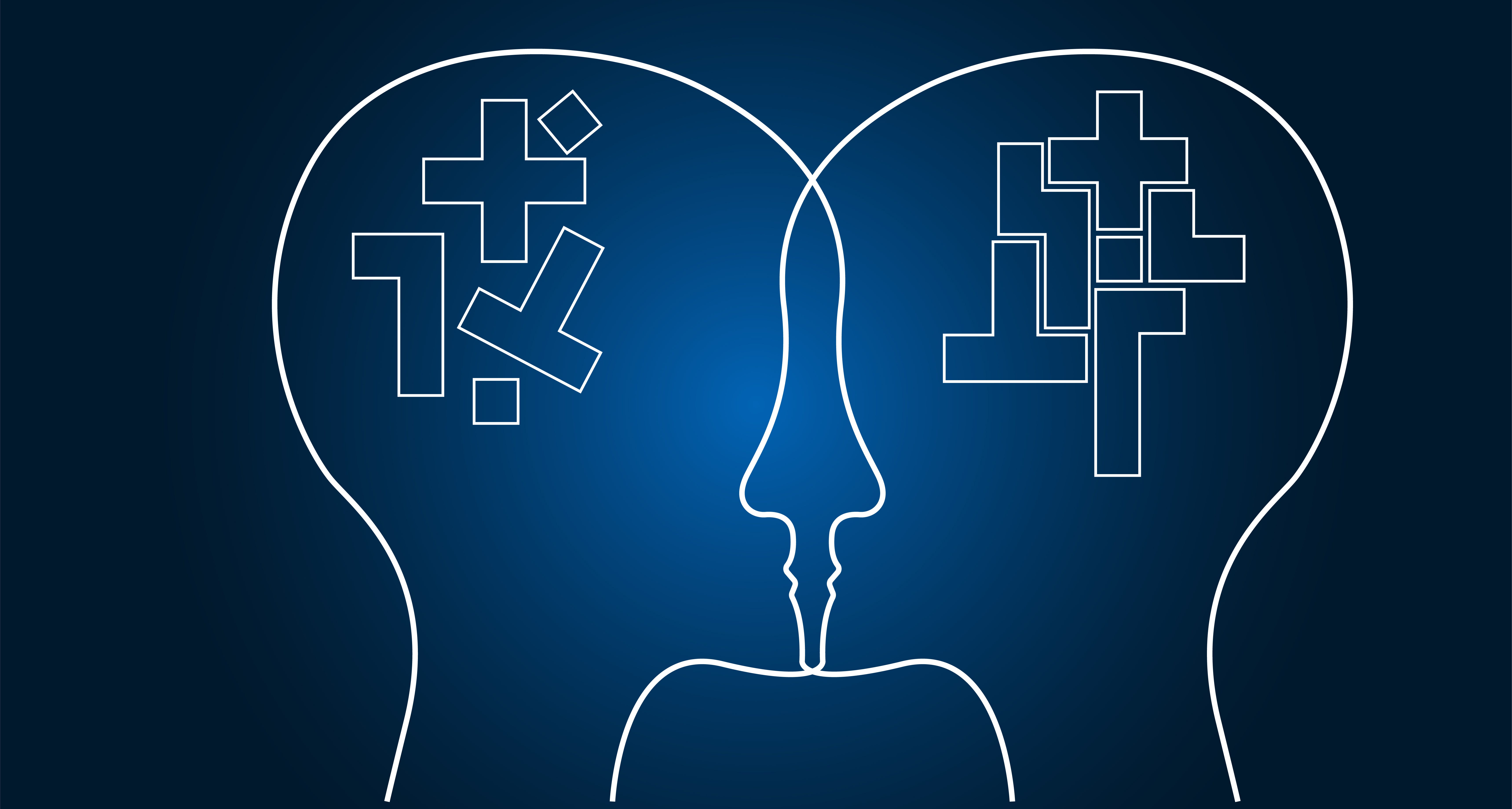
Theory of Mind UX
In psychology, theory of mind is an important social-cognitive skill that involves the ability to think about mental states, both your own and those of others. It encompasses the ability to attribute mental states, including emotions, desires, beliefs, and knowledge, and recognize that other people's thoughts and beliefs may differ from yours.
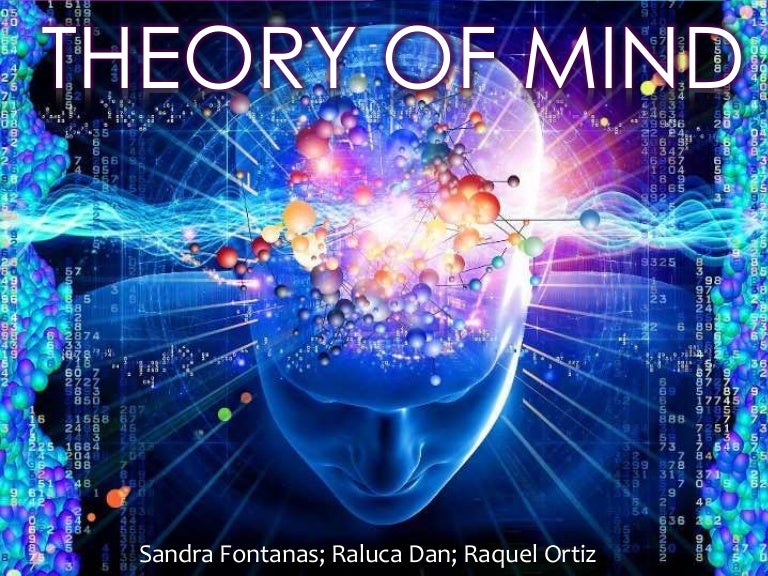
Theory of mind
The volume will be of great interest to researchers and students in all areas interested in the 'theory of mind' debate. Reviews "Theories of Theories of Mind is an excellent collection of papers and will be of interest to cognitive scientists, philosophers and ethologists."
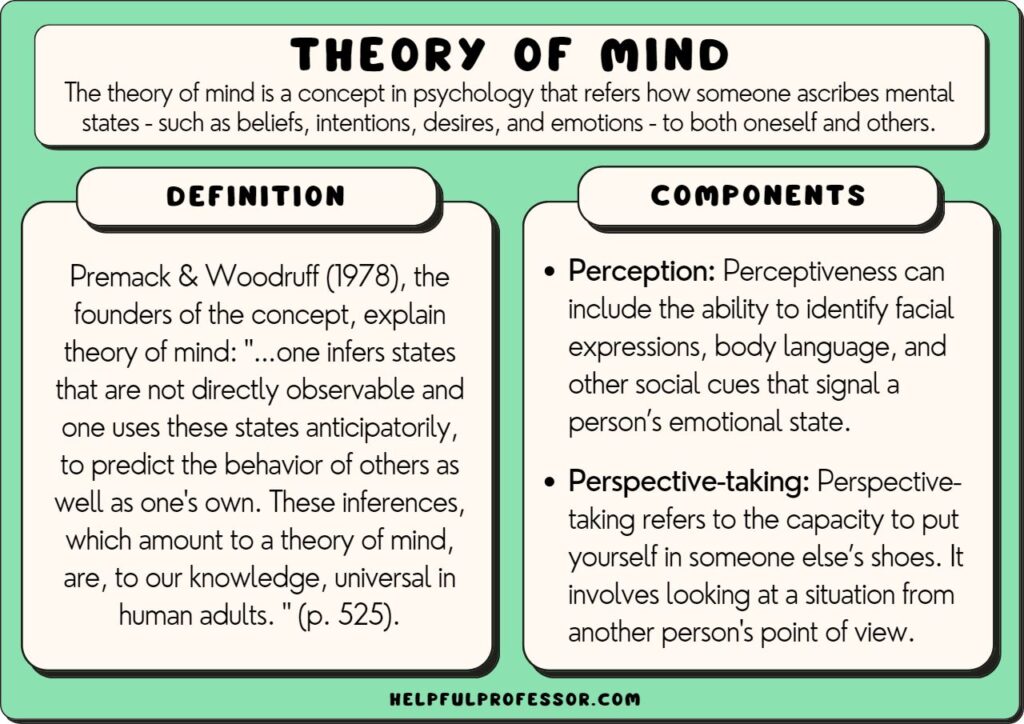
Theory of Mind Examples and Definition (2023)
A theory of mind includes the knowledge that others' beliefs, desires, intentions, emotions, and thoughts may be different from one's own. [1] Possessing a functional theory of mind is crucial for success in everyday human social interactions. People utilise a theory of mind when analyzing, judging, and inferring others' behaviors.
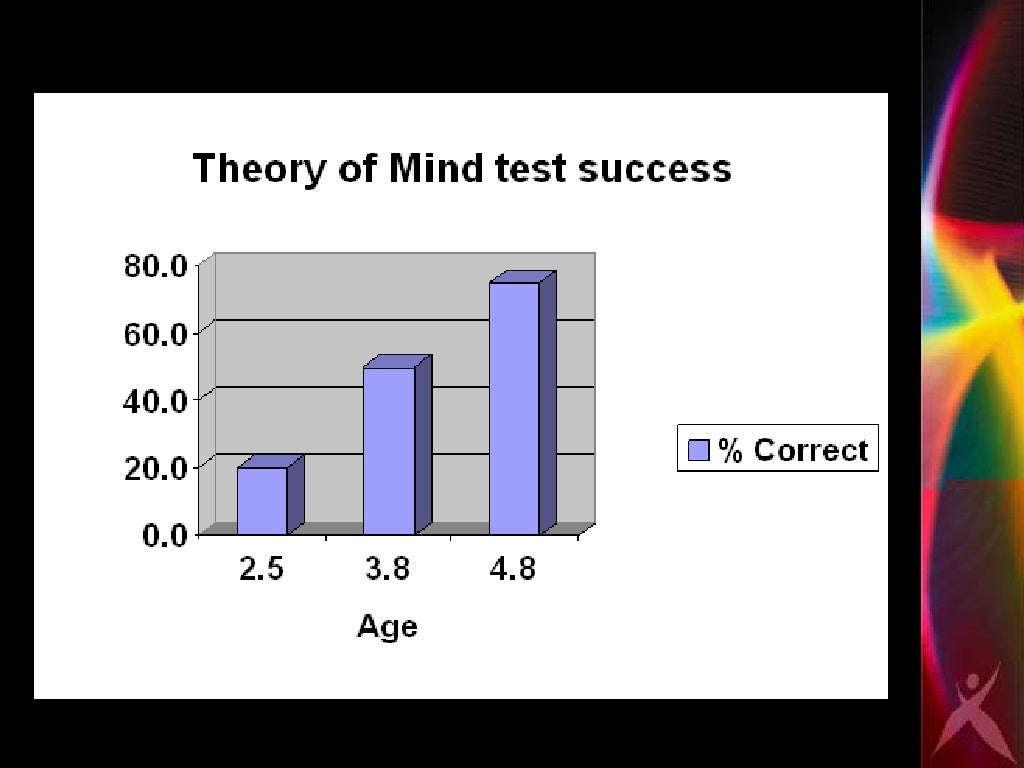
Theory Of Mind
Updated on October 31, 2019. Theory of mind refers to the ability to understand the mental states of others and to recognize that those mental states may differ from our own. Developing a theory of mind is a key stage of child development. A well-developed theory of mind helps us solve conflicts, develop social skills, and reasonably predict.
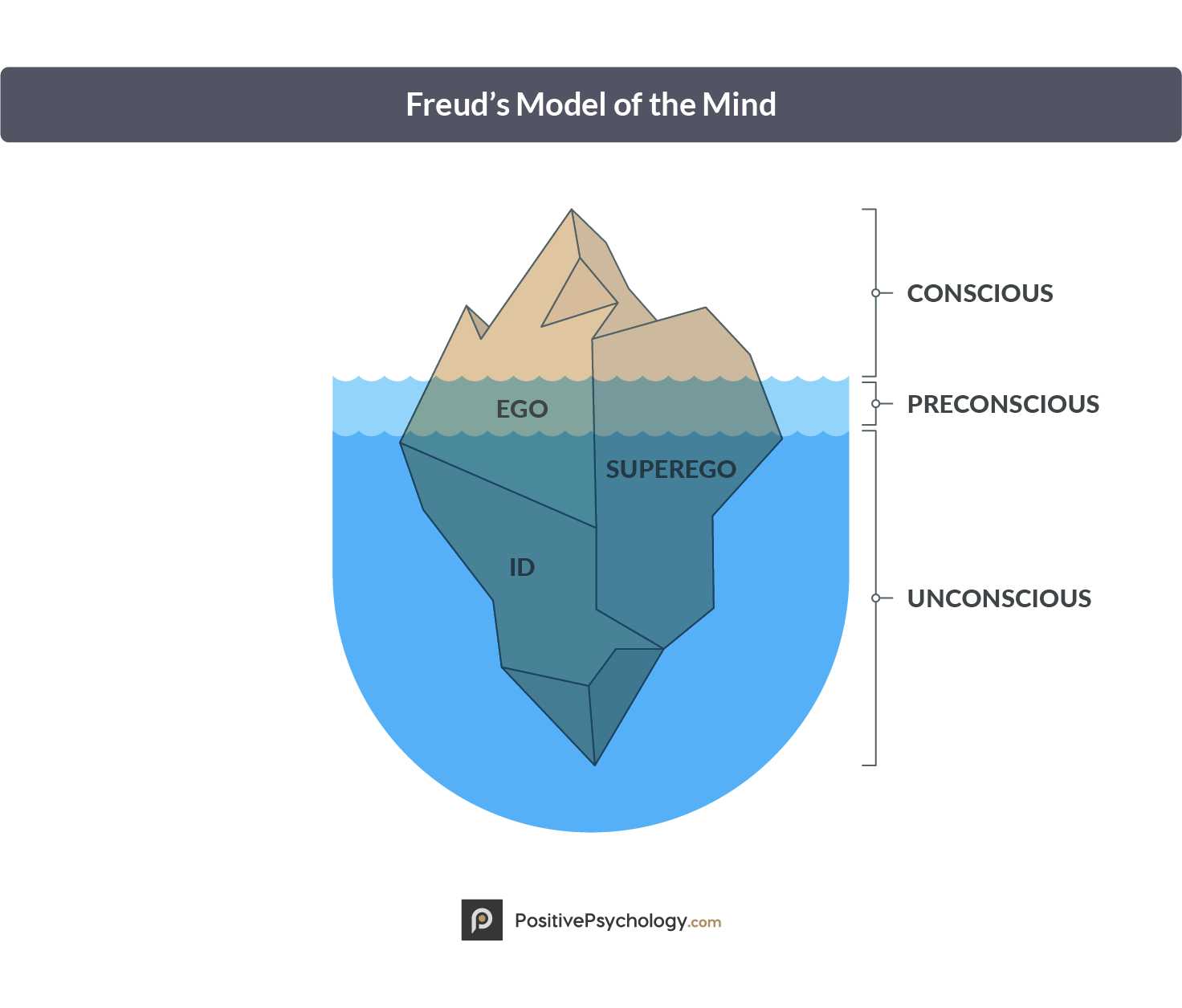
Psychoanalysis A Brief History of Freud's Psychoanalytic Theory
This chapter will first summarize the classic findings and debates that have shaped our views of Theory of Mind over the past three decades. The chapter will then present a series of recent controversial findings that provide new avenues for understanding how we read other people's minds. Keywords: Theory of Mind, perspective taking, mind.

Put T.o.M. On Your Team Persuasive Litigator
Theory of mind (ToM) is the ability to attribute mental states to ourselves and others, serving as foundational elements for social interaction. Having a theory of mind is important as it provides the ability to predict and interpret the behavior of others. During infancy and early childhood, children learn the early skills that they'll need.
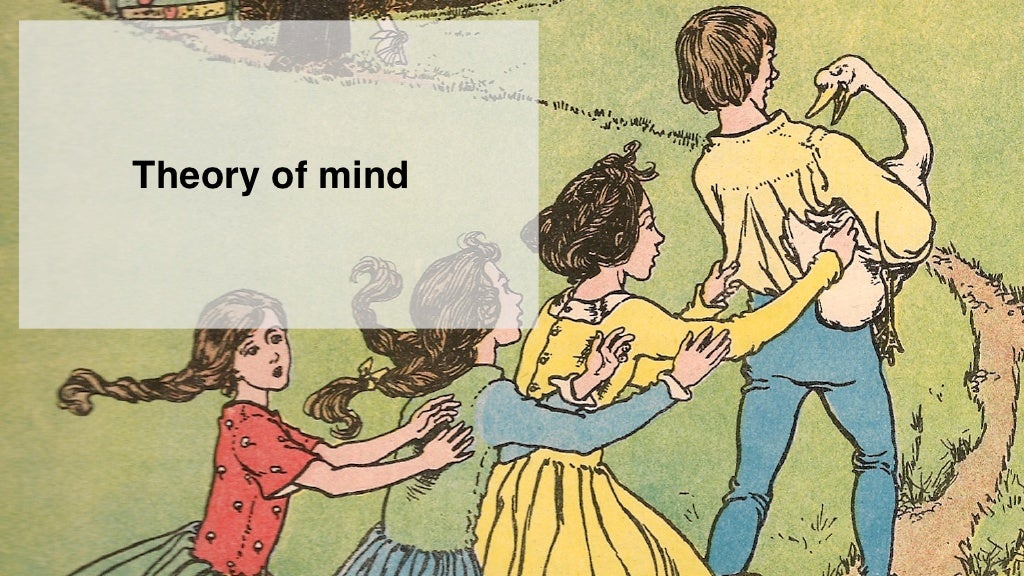
Theory of mind
Theory of mind can therefore be defined as the cognitive capacity to think about mental states, including emotions, beliefs, desires and knowledge, both our own and of others. It is not only thinking about thinking, but also predicting or explaining behavior based on our guesses. Without this ability, we would not be able to understand people.
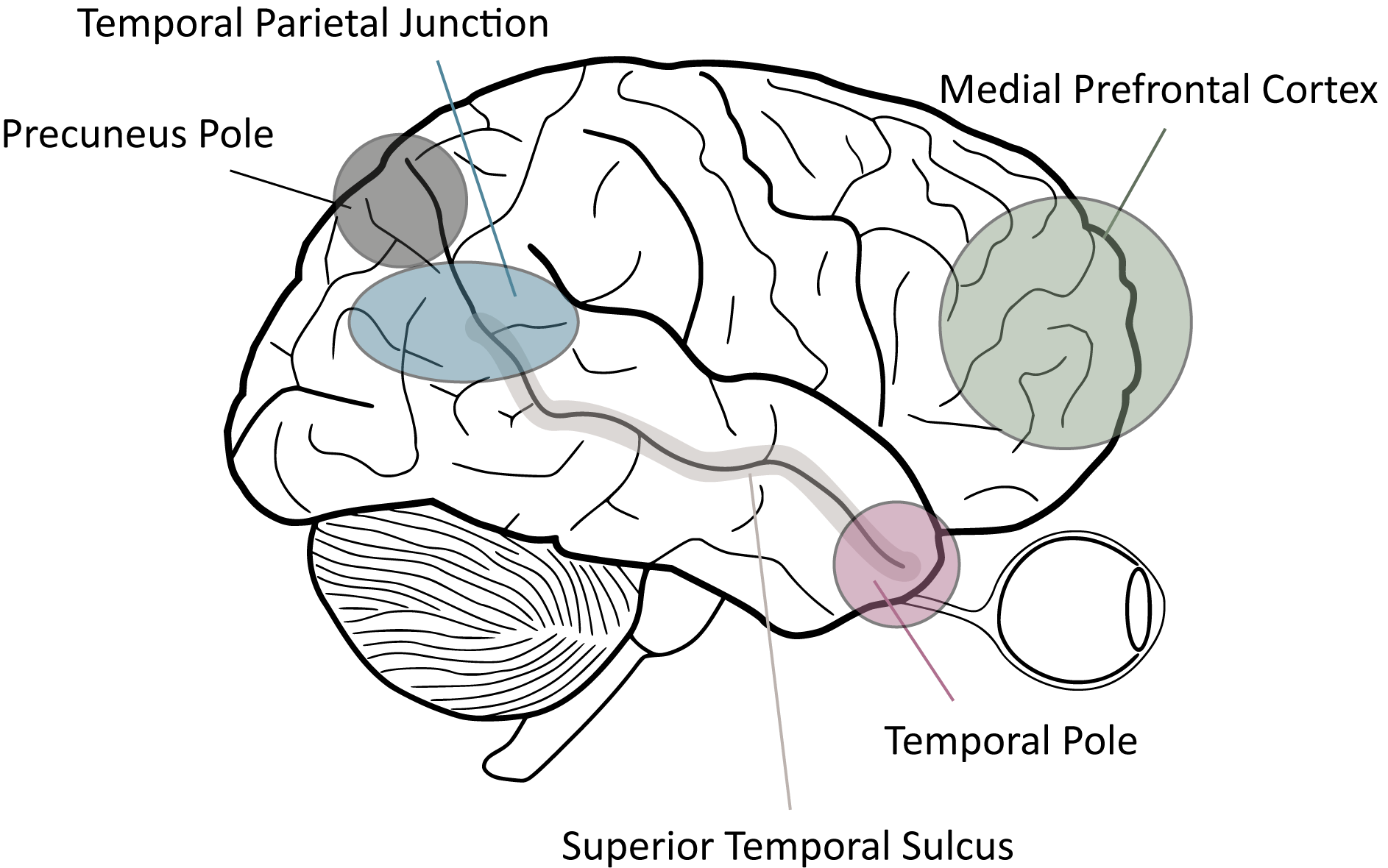
Evidence for Implicit Theory of Mind Fast, Accurate, Reliable Eye Tracking
Theory of mind is a foundational mechanism for navigating social situations. To successfully interact with other people, an individual must have some idea of what they're thinking, and that.
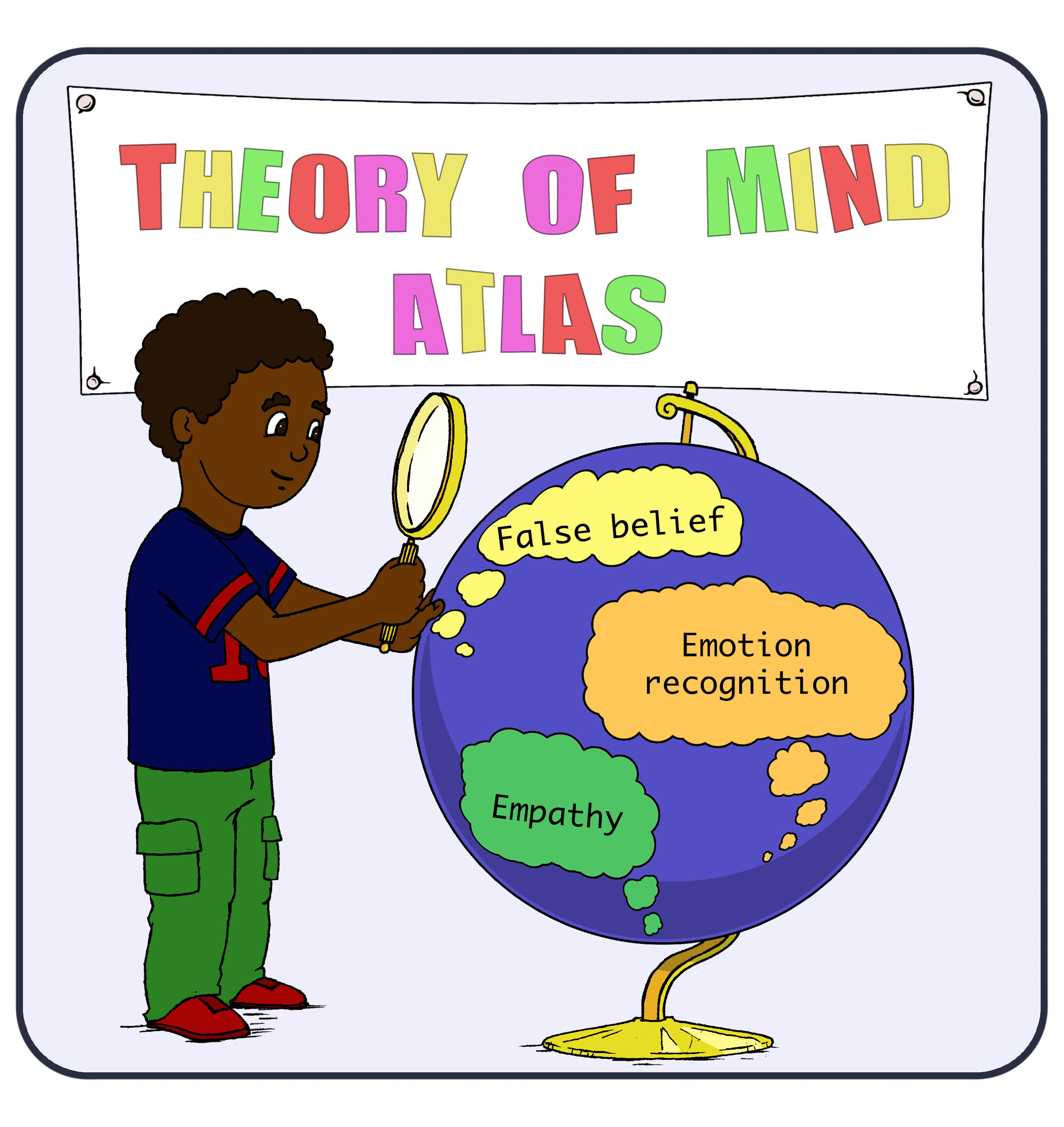
Subscribe to the ToMI2 Theory of Mind Inventory 2
Theory of Mind. Theory of Mind is the branch of cognitive science that investigates how we ascribe mental states to other persons and how we use the states to explain and predict the actions of those other persons. More accurately, it is the branch that investigates mindreading or mentalizing or mentalistic abilities.

Theorie of mind Theory of mind Brain Development
The theory of mind (ToM) refers to how people understand their own thoughts and feelings and those of other beings. It is a crucial cognitive mechanism for social interactions and communication. It helps us to predict, to explain, and to manipulate behaviors or mental states. Moreover, this skill is shared by almost all human beings beyond.
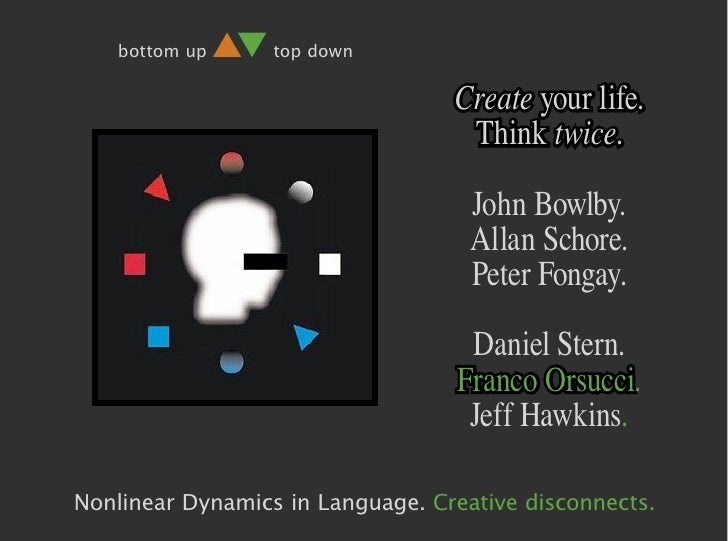
Theorie of mind Theory of mind Brain Development
Abstract. Everyday understanding of the social world relies, at least in part, on having a theory of mind—an understanding of how mental states such as beliefs, desires, and intentions cause.